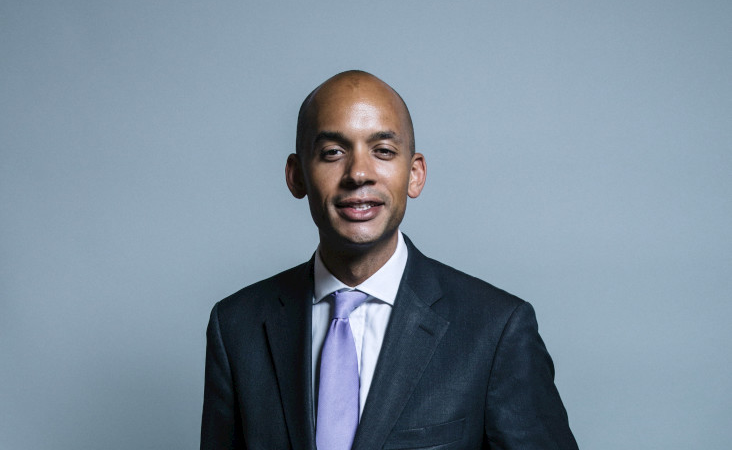Seven Labour MPs have announced their intentions to break away from the party and stand in the House of Commons as the Independent Group due to ongoing accusations of antisemitism within the party.
Labour MPs Luciana Berger, Chris Leslie, Angela Smith, Gavin Shuker, Mike Gapes, Ann Coffey and Chuka Umunna have all declared their intentions to leave the party.
MP for Streatham, Chuka Umunna, Image via UK Parliament
Berger, a Jewish MP for Liverpool Wavertree, who has repeatedly called on the leadership to take complaints of discrimination seriously, said on Monday:
“This morning we have all now resigned from the Labour Party. This has been a very difficult, painful, but necessary decision.
“We represent different parts of the country, we are of different backgrounds, we were born of different generations, but we all share the same values.
“From today, we will all sit in Parliament as a new independent group of MPs.”
‘Embarrassed And Ashamed To Stay’
She added that she felt the Labour party had become institutionally antisemitic and she was “embarrassed and ashamed” to stay.
“I am sickened that Labour is now perceived by many as a racist, antisemitic party,” Mike Gapes, MP for Ilford South, explained of his reason for leaving the party.
Meanwhile, Chris Leslie, MP for Nottingham East, said he wanted to leave because he felt the party was being “highjacked by the far left”.
In response to the departures, Labour leader Jeremy Corbyn said: “I am disappointed that these MPs have felt unable to continue to work together for the Labour policies that inspired millions at the last election and saw us increase our vote by the largest share since 1945.
Image via Wikimedia
“Labour won people over on a programme for the many, not the few – redistributing wealth and power, taking vital resources into public ownership, investing in every region and nation, and tackling climate change.
“The Conservative government is bungling Brexit, while Labour has set out a unifying and credible alternative plan. When millions are facing the misery of Universal Credit, rising crime, homelessness and poverty, now more than ever is the time to bring people together to build a better future for us all.”
What Is Antisemitism And What Does It Have To Do With The Labour Party?
Antisemitism is defined as hostility, prejudice or discrimination against Jews. It is generally considered to be a form of racism.
The Labour leadership came under fire following a row over the party adopting the International Holocaust Remembrance Alliance’s definition and examples of antisemitism to use to guide decisions made following investigations into complaints of discrimination.
The party added an extra caveat to the definition, explaining at it should not undermine free speech or criticism of the state of Israel over its oppression of the Palestinian people.
Corbyn has been forced to apologise on a number of occasions, including; commenting in seeming support of the artist of an antisemitic mural on Facebook in 2012, hosting an event in 2010 during which a Holocaust survivor likened the state of Israel to Nazi Germany, and after a video of him shot in 2013 appeared to show him saying that British Zionists have “no sense of English irony”.
In 2016, former Mayer of London, Ken Livingston and MP Naz Shah, were suspended following antisemitic comments, with Livingston later leaving the party.
Human rights campaigner Shami Chakrabarti led an inquiry into antisemitism in the Labour party the same year, concluding that while the party wasn’t “overrun” by antisemitism, there was an “occasionally toxic atmosphere”.
How Does The Law Protect People Against Antisemitism And Other Forms Of Discrimination?
Article 14 of the Human Rights Act states that all the rights and freedoms afforded to individuals by the Act must be protected and applied without discrimination.
Discrimination occurs when someone is treated less fairly than another person in a similar situation without reasonable justification. It can also occur if you are disadvantaged by being treated the same as another person despite having different circumstances (for example if someone is pregnant or disabled).
Under the Human Rights Act, it is illegal to discriminate against someone on grounds including gender, race, colour, language, religion, national or social origin, property, birth, and more.
Antisemitism usually falls under the category of racial discrimination.
The Equality Act 2010 also offers more general protection against discrimination.









